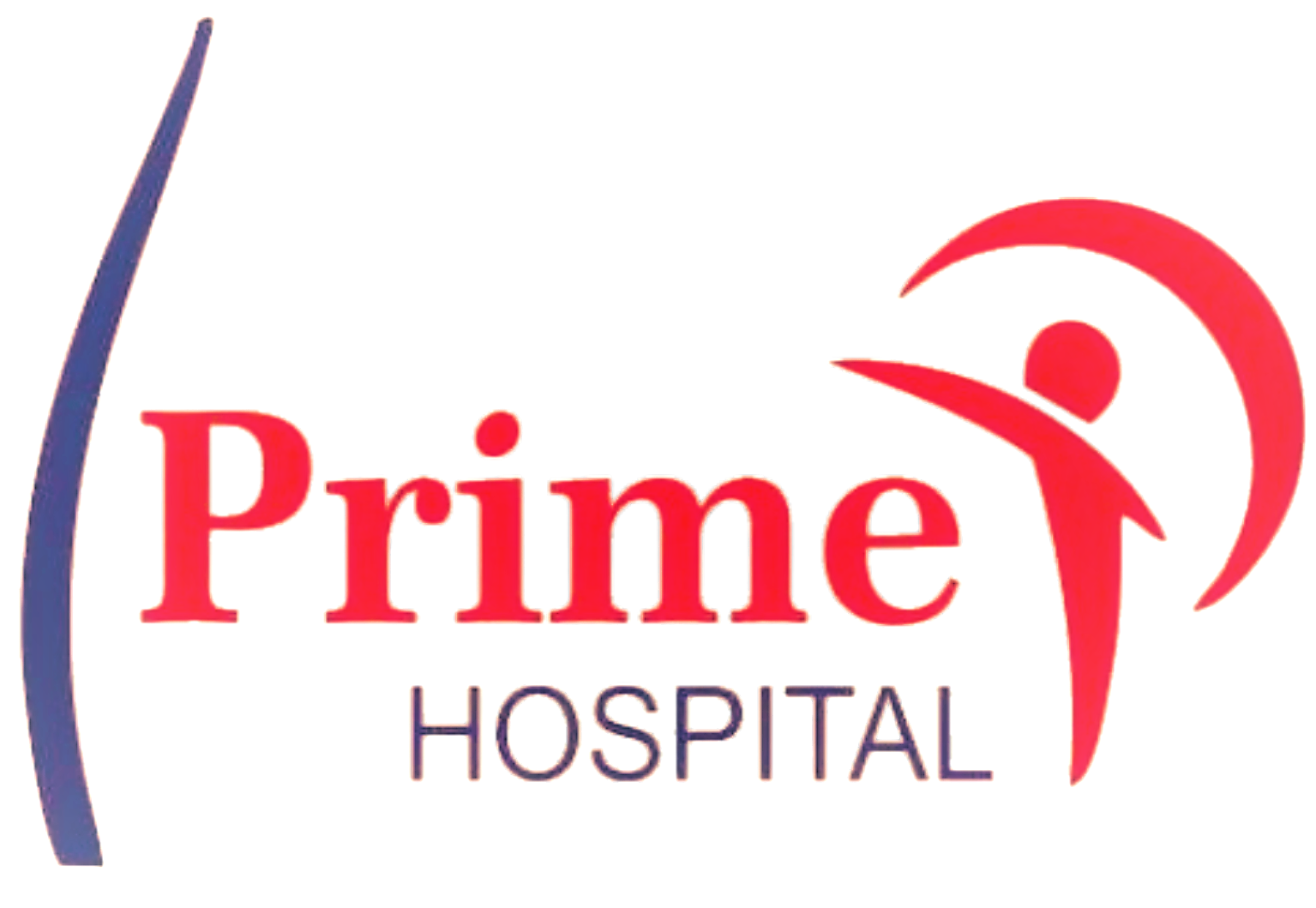

Best Pancreatic Cancer Treatment In Panipat
Searching for the best Pancreatic Cancer Treatment In Panipat? Prime Hospital’s The Pancreatic Cancer Hospital in Panipat is where you should straight head to. We have a team of specialized and highly experienced Doctors to offer the best treatment possible to patients suffering from different disorders.
Advanced Centre for Pancreatic Cancer Treatment in Panipat
Being supported by a team of India’s top gastroenterologists, gastroenterologists, surgical oncologists, medical oncologists and physiotherapists. We are among the Advanced Centers for Pancreatic Cancer Treatment.
Moreover, the Stomach disease Specialist Team at Prime Hospitals assesses the patient’s condition and the stage of the disease. Recommending targeted therapy, immunotherapy, radiation therapy, endoscopic mucosal resection, chemotherapy, and/or surgery as necessary.
Best Pancreatic Cancer Treatment In Panipat
To commence with, It should be noted that not all pancreatic cancer tests will be performed on every patient who is suspected of having the disease. Along with, when deciding which tests are best for a diagnosis, the oncologist considers the following:
The symptoms and indicators that were displayed
The suspected patient’s age, medical history, and overall state of health
The outcomes of earlier medical examinations
The suspected type of cancer
Pancreatic cancer stages
After an imaging modality has assisted in establishing a likely pancreatic cancer diagnosis. The next question is whether surgery can be performed to treat pancreatic cancer. Based on CT and/or EUS criteria, pancreatic masses are staged as resectable, unresectable, or borderline resectable. The TNM stages of pancreatic cancer include:
Following a thorough explanation of the available treatments for the medical team convene to determine which course of action best meets the patients’ needs. Similarly, When patients and physicians consider the best course of action after being presented with the best available data. They are engaging in shared decision-making, which entails making informed choices.
Moreover, when staging pancreatic cancer, the physician has to emphasize the probability of biliary tract obstruction and the ensuing danger of biliary tree infection. To conclude, the recommendation for a stent, which can be inserted to treat pruritus and jaundice, needs to be handled carefully.
Pancreatic Cancer Treatment
If surgery is being considered, it is imperative to schedule a meeting with an oncologic surgeon as soon as feasible. As this visit may determine whether the stent is used or not.
Additionally, Surgery for pancreatic cancer may involve removing all or part of the pancreas, depending on the location and size of the pancreatic tumor. However, only approximately 20% have the choice of surgery because most cases are discovered after the disease has progressed. Moreover, It is customary to seek a second opinion from a qualified surgical oncologist for less common diseases like pancreatic cancer.
Frequently Asked Questions
Indeed, there’s a 2–3% higher chance of developing chronic pancreatitis, which raises the possibility of pancreatic cancer. Moreover, Prolonged inflammation of the pancreas, or chronic pancreatitis, can result in severe lower back and abdominal pain as well as scarring.
The majority of pancreatic cancer patients are asymptomatic and don’t exhibit symptoms until the disease has progressed. Furthermore, making it challenging to determine the survival rate in the past. However, numerous research have looked into the survival rate since specialized, became available by the turn of the century. Similarly, the five-year survival rate for pancreatic cancer is stated.
The basic causes of pancreatic cancer are genetic alterations in DNA. Three things can lead to these DNA alterations. They are as follows:
Mutations Inherited: The majority of people who have an inherited cancer syndrome receive one mutant copy from each parent. Moreover, It is important to realize that while there is a higher chance, not everyone with an inherited mutant disease will get pancreatic cancer.
Mutation with Behavior: A patient’s actions can harm their DNA. For example, smoking cigarettes can produce chemicals in the pancreas that are linked to cancer.
Caused by Chance: During the process of DNA replication, errors may occur. Mutations might result from occasional errors made during duplicating DNA, raising the danger
There are several ways that pancreatic cancer can impact the body. To sum up, Pancreatic cancer ultimately results in death, frequently from gradual inanition, or starvation-induced weariness.
